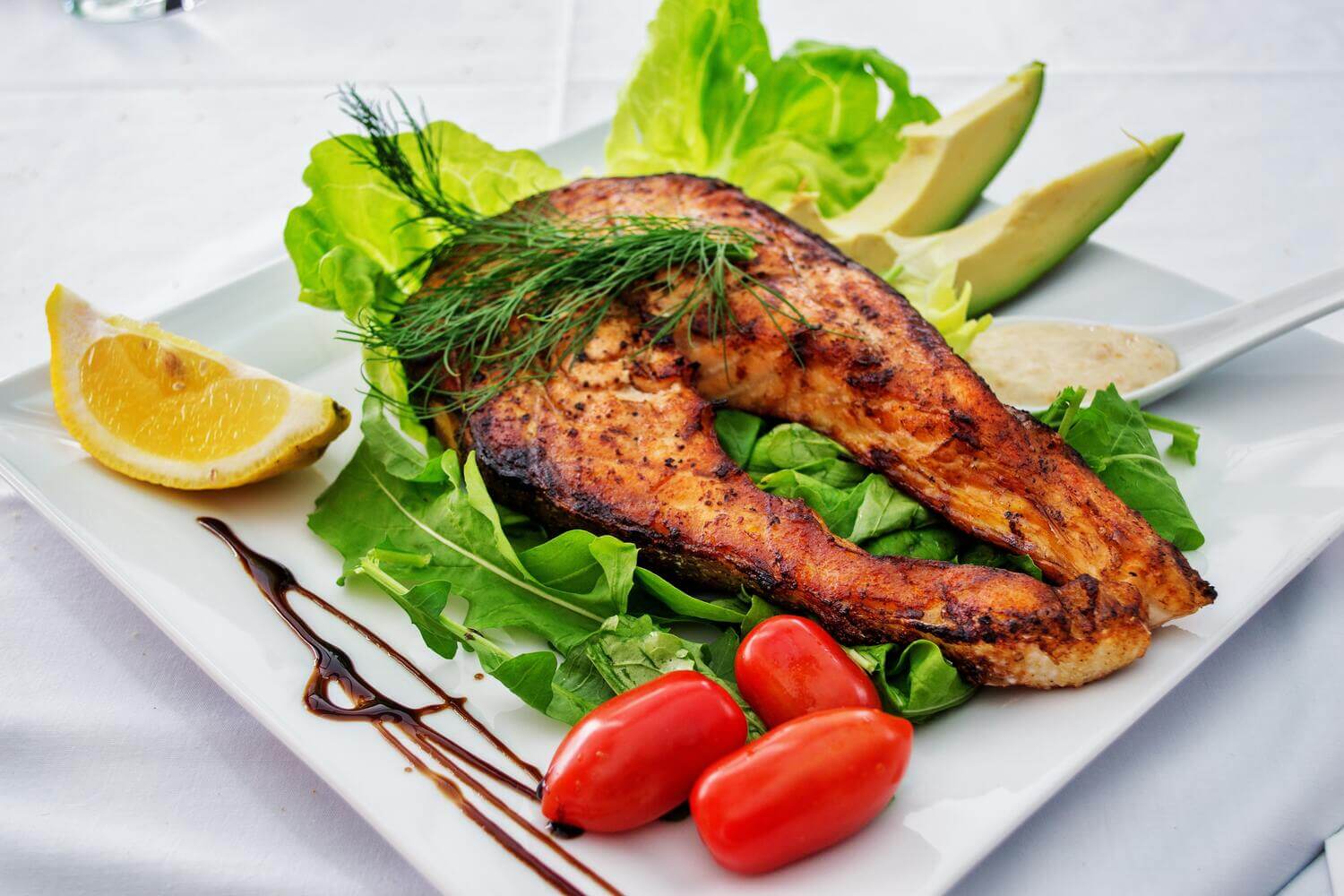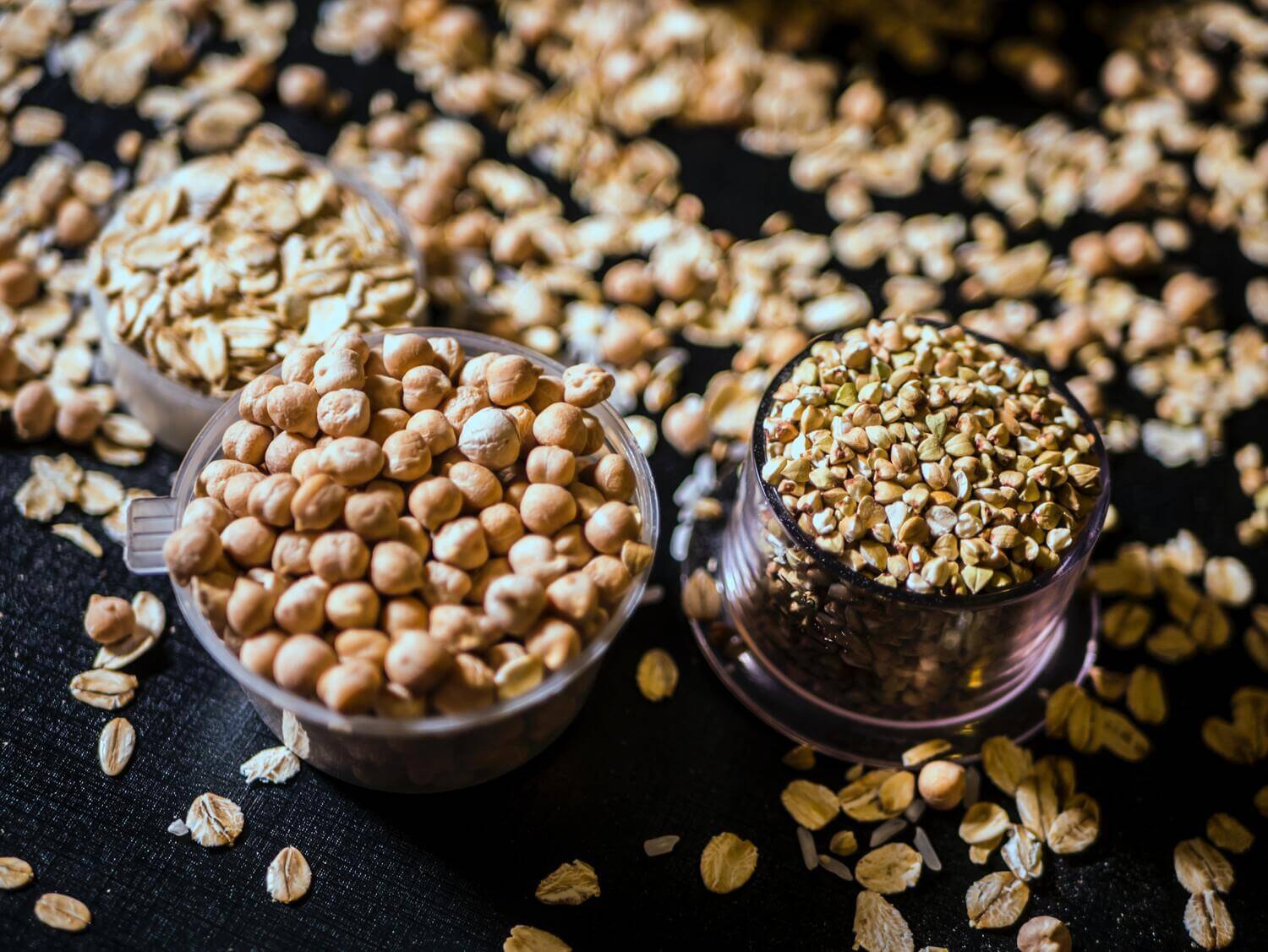Did you know that there is one kind of blood cholesterol that is really beneficial to your health? It's called HDL cholesterol.
HDL is an abbreviation for high-density lipoprotein, often known as the "good" kind of cholesterol. To recall the various forms of cholesterol, consider the H in HDL cholesterol to stand for "healthy." HDL, also known as "good" cholesterol, plays an important role in maintaining cardiovascular health, and low levels of HDL cholesterol can increase the risk of heart disease.
The HDL cholesterol guidelines are a bit unusual in that greater levels are really healthier. Men and women are given somewhat different guidelines.
Men are at risk if their HDL level is less than 40 mg/dL, while women are at risk if their HDL level is less than 50 mg/dL. The optimal range for all individuals, however, is 60 or above.
Professionals recommend focusing on lifestyle adjustments to enhance HDL cholesterol. Eating more healthy fats and minimizing harmful fats are two nutritional modifications that may enhance your HDL cholesterol.
There are many natural ways to raise HDL levels and improve overall health and well-being. In this guide, we will explore various tips and tricks for increasing HDL levels naturally.
What exactly is good cholesterol?
To comprehend "good" HDL cholesterol, you must first understand "bad" LDL cholesterol. LDL creates a buildup of plaque in your blood vessels. These fatty deposits limit or obstruct blood and oxygen flow. That sludge on your arterial walls might lead to a heart attack or stroke over time.
So, what exactly does HDL do? It acts in your bloodstream like a scavenger or cleanser. The healthy HDL cholesterol removes the nasty LDL cholesterol from your blood and transports it to your liver for excretion.
To keep your system working smoothly, maintain your HDL levels high. That should be at least 50 milligrams per deciliter of blood. (A typical range is 40 to 59 milligrams per deciliter.)
How to naturally raise HDL levels?
Raising HDL levels is crucial for maintaining cardiovascular health, and there are many natural ways to do so. Let’s explore various methods that can help you to improve your HDL levels naturally;

Healthy fats
Healthy fats comprise omega-3 fatty acids, monounsaturated fats, and polyunsaturated fats, all of which assist raise HDL cholesterol while decreasing LDL cholesterol.
Sea bass, herring, sardines, anchovies, flax seeds, oysters, chia seeds, nuts, soybeans, legumes, kidney beans, and soybean oil are all high in omega-3 fatty acids.
Omega-3s are an important lipid that the body cannot produce on its own, so we must get them from the foods we consume. Fish is the finest source of omega-3s, although they may also be found in plants, fortified meals, and fish oil supplements.
Extra-virgin olive oil, soybean oil, peanut oil, sesame oil, avocados, nut butter, almonds, cashew, peanuts, pistachio, and olives are all sources of monounsaturated fats. Polyunsaturated fats include maize oil, salad dressings made with oil, pumpkin seeds, sunflower seeds, soybean oil, walnuts, and flaxseed.
Plant oils that are liquid at room temperature, as well as nuts and seeds, are good sources of monounsaturated and polyunsaturated fats.
Chia seeds
Chia seeds are an excellent source of good cholesterol. Omega-3 fatty acids, fiber, and other beneficial nutrients are derived from plants. Including chia seeds in your diet may help reduce LDL cholesterol and blood pressure. Chia seeds, like flaxseeds, may be used in cereal, oatmeal, dips, salads, yogurt, or smoothies.
However, unlike flaxseeds, chia seeds may acquire a slimy texture when wet. If it bothers you, ingest chia seeds right away or try substituting them for eggs in baked dishes.
Lose excess weight
Carrying additional pounds raises your chances of having elevated cholesterol – and not the healthy type. Being overweight raises LDL levels while decreasing HDL levels.
Adopting a healthy diet and activity plan may also help you lose weight. According to the American Heart Association, a 5% to 10% weight decrease may enhance your cholesterol levels.

Whole grains
Whole grains, such as bran, oats, and brown or wild rice, have been shown to decrease LDL and total cholesterol. This raises your HDL levels by a percentage. This is because these meals include fiber, notably soluble fiber, which has been demonstrated to help decrease LDL cholesterol.
Consume two servings of whole grains every day. This might be as easy as a warm bowl of oats for the morning, 100% whole grain bread for lunch, and a serving of brown rice for supper.
Don’t smoke
Add elevated cholesterol levels to the list of harmful effects of smoking. Smoking and vaping lower HDL levels while raising your risk of cardiovascular disease, hypertension, and diabetes.
What's the good news? Quitting smoking produces immediate results: According to research, HDL levels normally increase within three weeks after quitting smoking.
Avocado
Avocados are high in folate and monounsaturated fat. This kind of fat promotes HDL production and lowers your risk of stroke, heart attack, and heart disease. They're also high in fiber, which helps keep cholesterol in control.
Avocado slices may be added to salads, soups, chilis, and sandwiches. Guacamole is another tasty choice. Simply choose low-calorie dippers like carrots, radishes, and tomatoes over high-calorie, high-salt tortilla chips.
To sum up our article, dietary adjustments and increased exercise levels may assist in achieving and maintaining a healthy weight. In certain cases, losing extra weight might help boost HDL cholesterol levels and reduce LDL cholesterol levels.
Food is a first-rate, all-natural strategy to provide your body with additional heart-healthy vitamins, minerals, and nutrients. Certain foods and supplements, on the other hand, are less healthy owing to potential interactions with drugs or prescriptions.
So, before you start stocking up on these foods and supplements to increase your good cholesterol and decrease your LDL, consult with a healthcare practitioner. Together, you can devise constructive strategies for improving your cholesterol levels.














